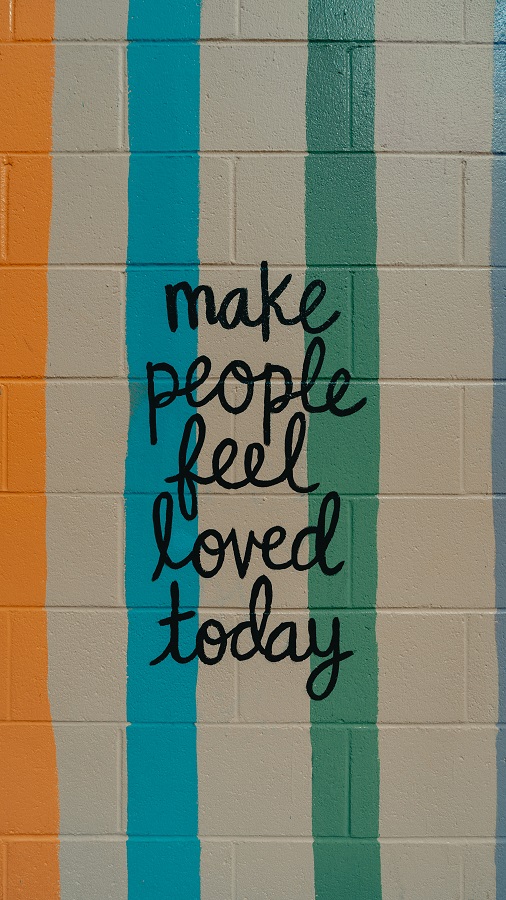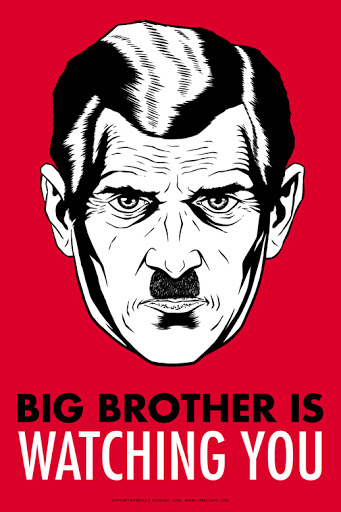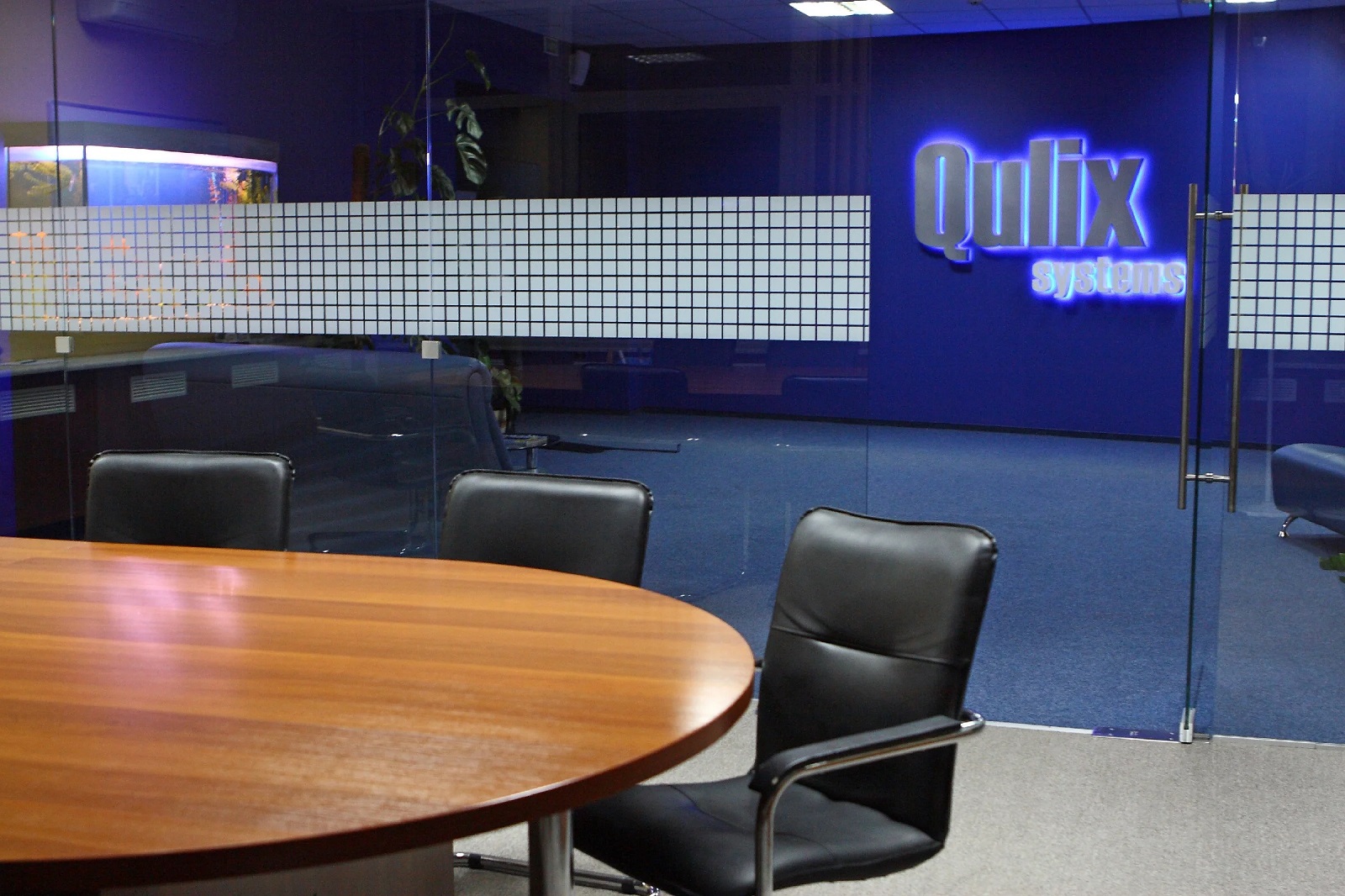Here I want to share my principles of 1-1 conversations, which, in my opinion, are slightly different from the classical ones, as well as give examples of questions that should or should not be raised in such conversations, and how it is best to do it in a formal and informal way.
I do not claim to be the ultimate truth. Everyone chooses an instrument to their taste and for their circumstances. But I hope my tool will be useful to someone.

Not necessarily formal. The main thing is alone. Photo by Charles Deluvio on Unsplash
I believe 1-1 conversations are the foundation of relationships with colleagues. Without it, other management conversations lose the lion's share of their effectiveness, and many processes become completely impossible.
Why? Here are some reasons from my practice:
- ( « », ). , . , - , , , . , .
- . - , . , , . , .
- , , , , .., «» «» ( «» «» — )?
- , , , , , .
- ..
I still very painfully remember the departure of one of the employees. At the exit interview (I try to talk to the person on the last day of his work), he told me: “Sash, you used to talk to me often, once every 1-2 months, and then you stopped. I was stewing in myself, I had no one to share with, I started having problems at home, I started to burn out at work. But no one gave a damn. I didn’t expect psychological help . I just wanted at least minimal attention , at least at work. " And this was said by a person who exuded optimism, according to which you cannot say that he is burning out, or he has problems. This is no excuse for me. It now serves as a reminder to me that it is impossible, despite any "impressions", to stop communicating with the team as with people.
So what is 1-1?
There is a point of view that 1-1 is a specific meeting, usually strictly periodic, often with precisely formulated questions.
I agree. You can do that. Sometimes it even needs to be done. And this is very helpful.
But! For me, this is not necessarily a pre-arranged one-to-one meeting, it is not a formalized event. For me, 1-1 is a way to get to know people and build personal relationships with them .

During rafting, traditional for my Team, the meetings are especially sincere. Photo by Priscilla Du Preez on Unsplash
Once a month, notifying your colleagues in advance, you can talk with each member if it is more convenient for you and the team.
I prefer just to periodically talk with people, learning what is happening in their lives, where they are going, what problems they have. I love my guys, because even if I do not have common interests with someone (and it is difficult to find interest with each of the hundreds of people), I try to understand what drives them, what interests them, how I can help.
It's important not to confuse 1-1 with Performance Review. These are two completely different forms of interaction, serving different purposes, carried out at different intervals. And if the presence of a Performance Review in a company, I consider not necessary (different companies track progress in different ways, set goals, etc.), then 1-1 is needed regardless of the organization of production and educational processes and the goal-setting system.
What to ask?
It's hard to get started. It’s hard for no reason to write to the employee “hey, hello, how are you?” Especially if you've never done it. Therefore, we must try to implement this practice from the very first day , as a person joins the team.
My guys already know me, so they are not surprised at my question: “How are you? How are you feeling? How does it work? "
The last question I often replace or supplement according to the situation: "How is your education in a driving school?", "Did you manage to enroll your child in a kindergarten?" etc.
Know your team and you won't have to figure out how to start.
During the conversation, try to find out:
- - , . . , , « ?»: « ». — , — . - «» — , , - .
- . , , ? , ? . ) . .
- , , . - « ?». , , , , , , . , .
- . , - : « ?» — , . , , . , . , ) , , .
- . , . « » , . : — Internet of Things , ! , , , ( - — , , , — ).
It is not necessary to learn everything or have the same plan for every conversation. Just try to keep the answers to these questions always in your field of vision and update your information on them with a certain frequency.
What's important?
Be sincere!

"Make people feel loved today." Photo by Clay Banks on Unsplash
For me, this is the most important thing: to be sincere and show interest in a person. Fake lists of contrived questions, a forced smile, the technique of "active listening" - forget about it all. If you can't be sincere in your interest - then it is worth considering a formalized meeting 1-1. It is also necessary to sincerely show interest, but the requirements are significantly lower than those of informal conversations.
By the way, high emotional costs are one of the reasons why it is impossible to hold many meetings in one day. Maintain your emotional balance. Usually 3-4 meetings a day is the maximum .
Get feedback
Meeting team members is not only about getting to know the person better. This is also about getting to know yourself better and understanding what needs to be changed in yourself and in the company. Ask about it, clarify what is missing in you, what is missing in the way you talk to him, how you give feedback.
I don't really like giving feedback at meetings , as is recommended in many of the 1-1 materials. And there are several reasons for this:
- praise must be timely . This means: in order to praise a person, you do not have to wait a month until the moment when "you get a chance to talk." Praise as soon as the employee deserves it. So he will understand what you expect from him, and this will stimulate him to do the same in the future.
- corrective feedback should not be delayed . Why wait until the meeting if the person has problems now? In the hope that "it will heal itself"? Hello to the self-driving manager.
- Don't mix up conversation about the person and corrective feedback . Why create a precedent: "I poured out my soul to him, and he immediately began to roll out claims to me"?
An exception is when the feedback comes to court.
"I liked problem XXx" - "By the way, you did it perfectly, thanks for helping out!"
“Because of this driving school, I don't have time for anything” - “Yes, I remember, we talked about this question. I see that it is being solved slowly. How can I help here? "
Etc.
So why are so many managers advocating this approach? I see two main reasons:
- Formalization
- The conversation is not conducted with a direct report.
It is difficult to give feedback in a timely manner if you are not working closely with the person, so you have to give when you are talking one-on-one. There is nothing wrong with that. These are the circumstances. And this is the management style. Each has his own. I suspect that I may someday come to the same.
Don't always believe what you are told
I had an employee who in a conversation mentioned how he would like to grow into an automation engineer (one of the development options for a testing specialist). When I said that we had a project where you can learn this, and I was ready to help, he immediately backed down, admitting that he said this only because “development is encouraged in our Department, and if you do not develop, oh you start to think badly. " That's it. How many reasons to think here? )
Unfortunately or fortunately, but sometimes employees try to guess the wishes of the manager and please him. It's bad when it develops into a system!
This is a topic for another article, but it's worth remembering: if you notice that too often people are waiting for your decisionfirst of all, they are waiting to hear what you think about this, so you are suppressing the initiative... It is difficult for a small sprout to grow under a spreading tree. This is a big danger - the team can slip into administrative control and become extremely ineffective. Such a misfortune often occurs with strong, charismatic, or oppressive leaders. There are a bunch of examples: from the chairman of a collective farm who scolds for any (even absent) reason and teaches everyone and everything how to milk, mow, treat and extract oil, to a manager who turns out to be too often right and people are accustomed that if they do not solve the problem , a good uncle will come and decide everything. The result in the long term is always the same: a team that is incapable of independent work, the inability to delegate tasks enough, and as a result, the inability to grow due to the fact that everything is closed on one person. Too tough leadermismanaging his coolness is often the same for a company as a dictator is for a country . It can even help in the short run; in the long run it leads to failures.

He's also a manager ...
So, I've already said so many times about formal conversations that it's worth dwelling on them in more detail.
Formalization 1-1
As I said before, there is nothing wrong with formalizing conversations. This is the style. Each has his own.
I can only give a few recommendations that I developed when I tried this approach, and which appeared as a result of observations of people with this approach.
Regularity
In a formal approach, regularity is of the utmost importance. People are waiting for a meeting . Moreover, people may not report the problem until you meet. And if you have not held a meeting, then: a) you have not learned about the problem; b) you received a powerful negative charge in your direction. People will take it as a failure to keep your promise.... Even if you didn't promise anything. It reminds me of calling my grandson to my grandmother. The grandson loved his grandmother very much, therefore he regularly called with a strictly specified frequency. And somehow I missed the call. The next time the conversation began with the phrase “Well, hello, grandson. You completely forget your grandmother, you don't love. I'm waiting. You called before, so we agreed that you will call, but you do not call. " Did you agree? O_o The grandson remembered the lesson, the calls became more chaotic. There were no more complaints of this kind, although on average there were no more or less calls.
One of my employees, who was on the team with a manager who preferred more formal meetings, had a problem on the project. He did not work so well with one of the team members that he was ready to quit. But he didn’t tell me or anyone about it. I was looking forward to meeting.The man kept everything to himself for almost a month and was seething. And the problem was resolved within a day . And he admitted that he knew about the opportunity to just go up to the manager and talk, but since honors the processes and time of others, he did not do this, foreseeing the upcoming meeting.
By the way, this feature of the human psyche makes formal meetings more suitable than informal ones for people who, by virtue of their nature, are not able to ask any questions or turn to the leader first. More than once I met a situation when quiet and modest employees preferred to wait until I spoke to them, and then they asked a bunch of questions. And, I think, not everyone was asked because of the spontaneity of such meetings. I tried to make meetings with them less spontaneous and more formalized. If you have such people in your team - pay attention to this. Probably, it will be easier for them to prepare for the meeting in advance , which means that 1-1 should be negotiable with them, and maybe even to some extent formalized, and not spontaneous.
Time
Determine the frequency of meetings with each individually. Employees must also be mentally prepared for the meeting. It is not necessary to meet with everyone once every 2 weeks, or once a month. Determine a frequency that is comfortable for both parties.
Make an appointment. The meeting is formal, both you and the interlocutor must be ready for it. This will be more productive, and such a meeting has a significantly better chance of covering important issues.
Don't drag out the meeting. I recommend allocating about 30 minutes for each (and 60 minutes in the calendar, just in case):
- 10 minutes for employee questions and problems;
- 10 minutes for comments, feedback and consideration of previously reached agreements;
- 10 minutes about upcoming tasks, ideas, aspirations of an employee, working out and fixing some decisions.
It is clear that the time is approximate. I never stand with a stopwatch and set aside as much time as it takes. Sometimes the meeting has to be split into several, if some moments emerge that we do not have time to cover.
Results and conclusions
It is very good if, based on the results of your conversation, an employee or you yourself describe what you have come to. It is difficult to imagine how many times I have come across the fact that both sides believed that they had come to certain decisions. But when describing it, it turned out that these solutions are completely different.
If you decide that you need to do something, then it definitely should be fixed right away.
Do not shy away from keeping your own records. The dullest pencil is sharper than the sharpest memory. We tend to forget, especially the details. Write down the important things that you found out for yourself. Go back to these notes.
By the way, the tips in this section apply to informal meetings too. It's just that discipline requires much more.
Topics
The topics are usually the same as for informal meetings:
- personal questions;
- development;
- design issues;
- questions aimed at understanding the person and the employee;
- question about the company;
- corrective questions.
In general, formal meetings are better suited for clarifying issues that are more work-related, informal meetings are better for maintaining and establishing contact. Do not neglect either aspect, whatever form of work you choose.
Questions
As I promised earlier, I tried to collect and summarize some of the issues raised at the meetings, and my opinion about them.
Questions for revealing a person as a person and an employee

/ Hugo Jehanne from Unsplash
, , . . , . , , .

/ Hugo Jehanne from Unsplash
, , . . , . , , .
- ?
- ? — . — -, ..
- /, ?
- ? — . , .
- ? — .
- ?
- -, -, ? — , , , .
- / ? ?
- -, , ? — , , , .
- ? — , , , - .
- -, ? ? — ? , , , .. , . , .
- ?
- ?
Questions about the project
, . , . , , , .
- ?
- , ? , ?
- , , ?
- , //?
- , ? ?
- /- ?
- , ?
- , ? ?
- ? — , .
- , , ? — , , .
- , ? ?
- , ? ?
- , ? ?
, ? — : , . . , .
Questions about the company

- )
, , , , , , . , - , . .

- )
, , , , , , . , - , . .
- / ?
- ?
- , ?
- ?
- ?
- , ?
- ? ?
- , ? HR-?
- , ? — , . , , , , - , .
- ?
- / /// .., ? — , , , .
- ?
- - ? ?
- ? ?
- - ? ?
- . ? ?
Development questions
, . — . . .

,
- ? ? — , .. , , « ?»
- ? , ? — , - .
- , ? — ,
- / ?
- ? — , . , , .
- , , ? — , - .
- ?
- ?
- ? , ? — , .. . , .
- , , ? — , .
- ?
- ? — , , .. , . , .

,
In short, what I have described is a launching pad for conversations. It took me a long time to hone my skills and develop my own style of conducting them, and I cannot say that I am even half way). But I have no doubts that this path is correct and necessary.
After all, everything is done so that there are the right people around. And the right people are the most important thing that every manager has. Don't miss them.